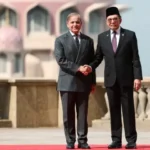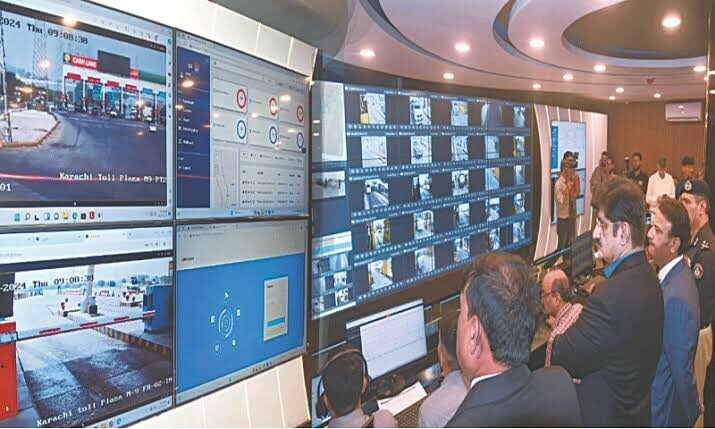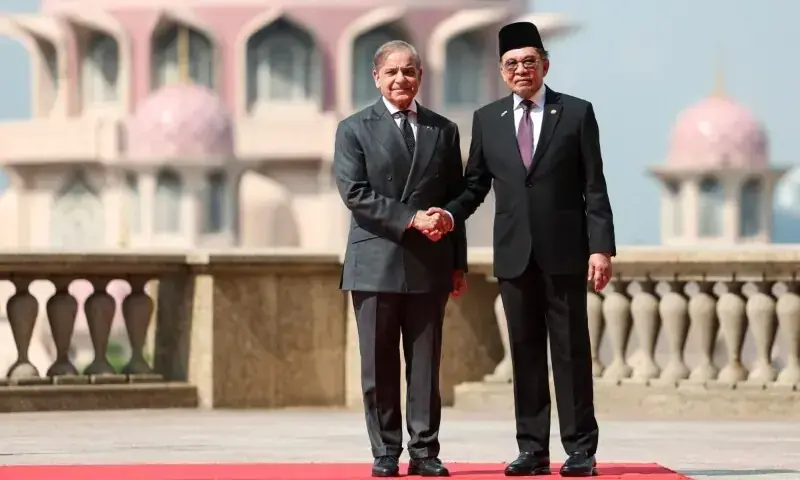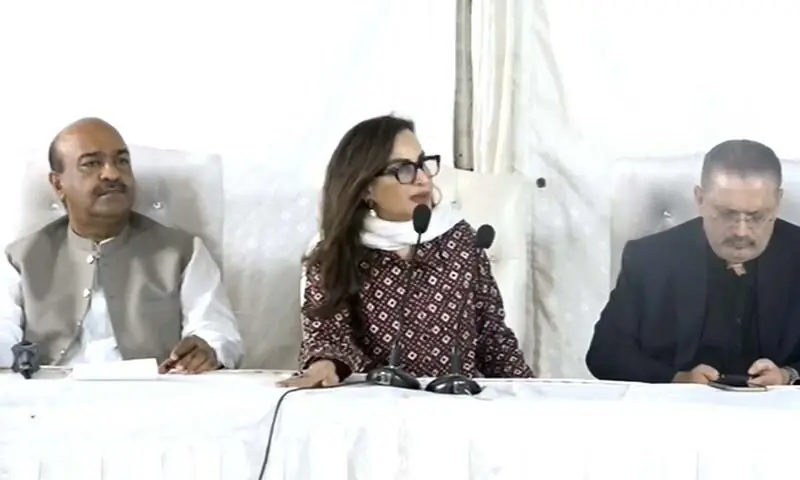DURING his recent visit to Karachi, Prime Minister Shehbaz Sharif is said to have highlighted the need to integrate the entire economy through an ‘e-governance’ system.
But in a country where stable Internet connectivity is not guaranteed, where communication networks are deliberately compromised to facilitate state spying, and where the government still does business primarily with ink and paper, desiring a viable e-government system seems like a pipe dream. .
One can only imagine the chaos that would ensue every time the Pakistan Telecommunication Authority felt like throttling or shutting down the Internet, things it has shown an alarming penchant for over the past year. Such measures would not only leave many young people very bored, frustrated and unhappy, but could also mean that there will be no official business on the days of closure, compounding the economic losses from Internet disruptions.
As things stand, the Pakistani state has a rather poor reputation when it comes to implementing technological solutions at the national level. Early last year, the nation suffered the spectacular failure of one such “technologically advanced” system, which was touted as being able to withstand any challenges that could be thrown at it, including shutting down or disrupting the Internet.
This was, of course, the Election Management System created under the supervision of the Election Commission of Pakistan, which was widely praised as a panacea for all the ills that had plagued the 2018 general elections. Interestingly, once it was finally put in place On trial, he turned out to be even more inept than his predecessor.
With this in mind, one feels a kind of anticipatory anxiety when thinking about a future in which many of these systems have been implemented and integrated into one. Anyone who has been in a government office on a “system crash” day can imagine what routine transactions can become in such a scenario.
Of course, the idea itself is commendable and should be encouraged. The one point that stands out is that the State needs maturity and much more experience than currently seems available from those tasked with dealing with the technology and its various applications in both civil and government use cases.
E-governance is indeed the future. It’s not a new idea either. However, our state’s staggering and staggering progress toward that goal underscores that the country needs proven experts leading all IT matters rather than retired military personnel or professional bureaucrats plucked from the nation’s burgeoning bureaucracy. The Prime Minister is right to stress the need to integrate systems for better governance. However, his government has much work to do to create the conditions necessary for his vision to become a reality.
Published in Amanecer, January 10, 2025.







